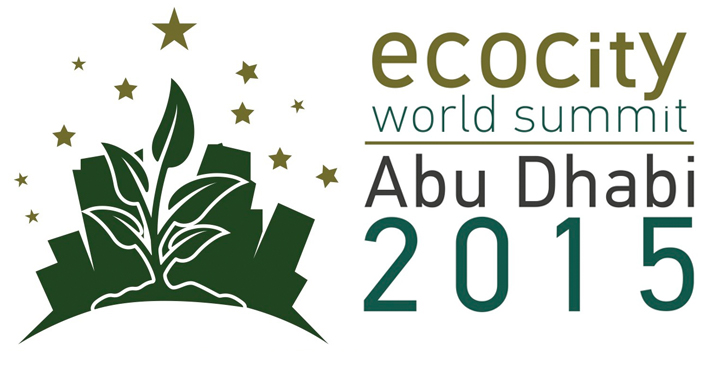ID :
383708
Thu, 10/15/2015 - 09:20
Auther :
Shortlink :
https://oananews.org//node/383708
The shortlink copeid
Ecocity World Summit 2015 comes to a successful close

Ecocity World Summit, ECWS, 2015, concluded yesterday after having attracted more than 700 delegates from around the world. Through a dynamic programme of plenary sessions, workshops, debates, panel discussions and more, speakers and delegates collaborated to usher in a new way of living that provides the best possible cities while enhancing, not destroying, the biosphere.
Razan Khalifa Al Mubarak, Secretary-General of the Environment Agency-Abu Dhabi, EAD, said in her closing address, "During the Ecocity World Summit, we heard many interventions that were inspirational and visionary, but also that were very practical, demonstrating, through real life experience, how at the city level we can make real progress towards the vision of EcoCities. However, increasing pressure on resources, and the continued growth of emissions of greenhouse gases, our future challenges are stark. We must tackle climate change and we must ensure our cities work for people if we are to achieve the Sustainable Development Goals. We must change what we value and how we plan, embrace today’s technology, innovate for the future, and leverage on this global success in creating positive change."
Hosted by EAD and facilitated through the Abu Dhabi Global Environmental Data Initiative, AGEDI, the summit was supported by the UAE Ministry of Foreign Affairs, the Urban Planning Council, UPC, and Masdar, with Abu Dhabi Tourism and Cultural Authority, TCA, as the destination host. The summit partners welcomed delegates to experience key attractions relevant to the its theme of 'Ecocities in Challenging Environments', including Masdar City, which is being developed to be the world’s most sustainable eco-city.
"Masdar City is a living example of eco-development in challenging environments, and we are proud to have highlighted it as a case study within the agenda of the summit," said Dr. Ahmad Belhoul, CEO of Masdar. "The participants toured Masdar City, one of the world’s most sustainable urban developments, and experienced our innovation eco-system first-hand, and we hope that it serves as an inspiration for developing other ecocities worldwide."
The summit’s programme included a series of engaging solution-oriented workshops that will pave the way for further ecocity development initiatives. For example, the City Form and Resource Flows Workshop, which was hosted by Ecocity Builders and British Columbia Institute of Technology, focused on the development of a framework for an Ecocity index for local, regional and global use. The standards would represent a set of conditions for assessing whether a city is performing at an Ecocity level that engages the biophysical conditions with the socio-culture features of a city, supported by locally-specific tools that can be integrated with tools and information platforms that function at a global level.
Contributors recognised that urban form affects resource flows, but that so do the socio-cultural values of the people who live in that urban form, i.e. the personal consumption choices of residents can drive more than 50 percent of a city’s resource flows to meet consumption demands. – Emirates News Agency, WAM - http://www.wam.ae/en/news/emirates/1395286708078.html





